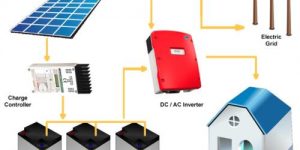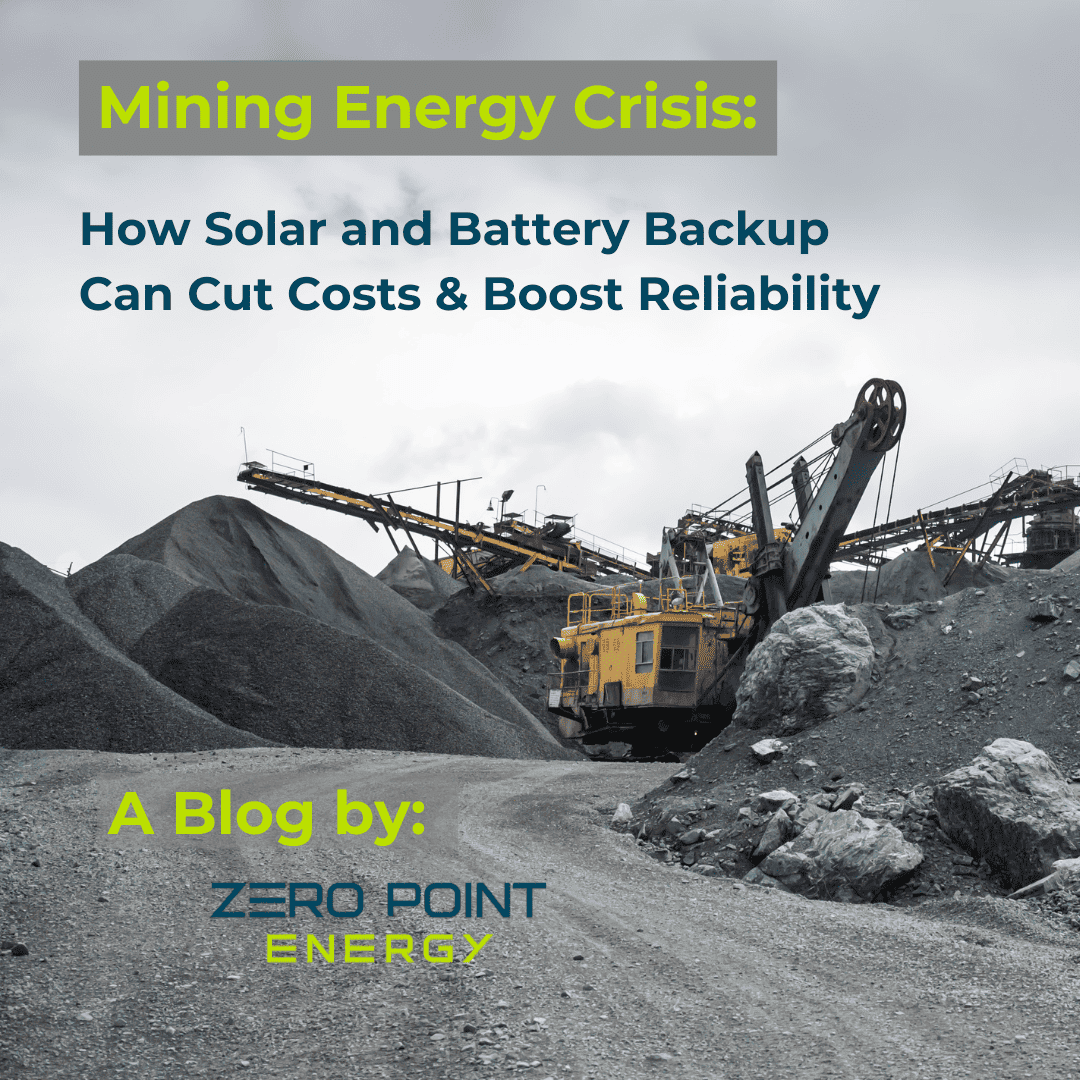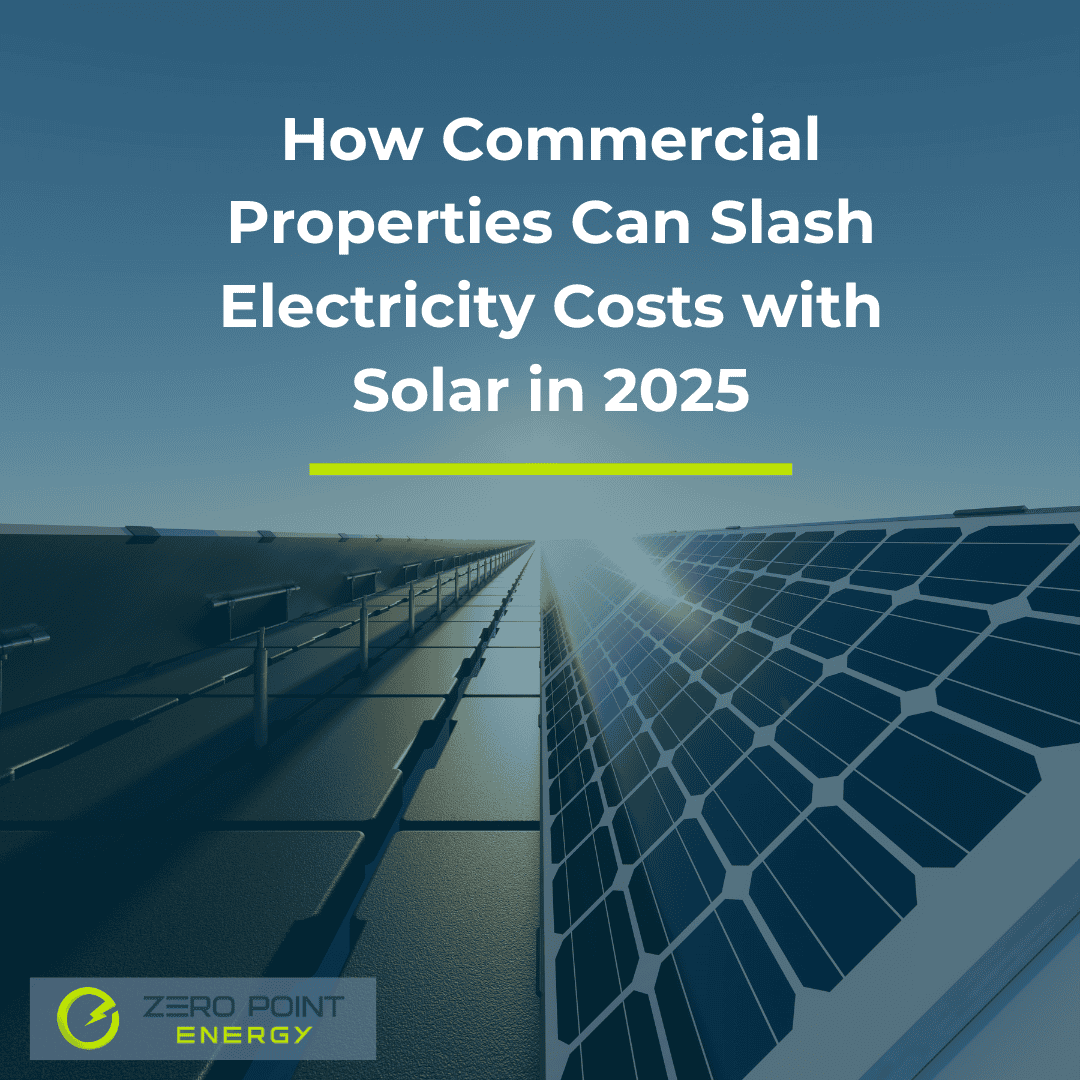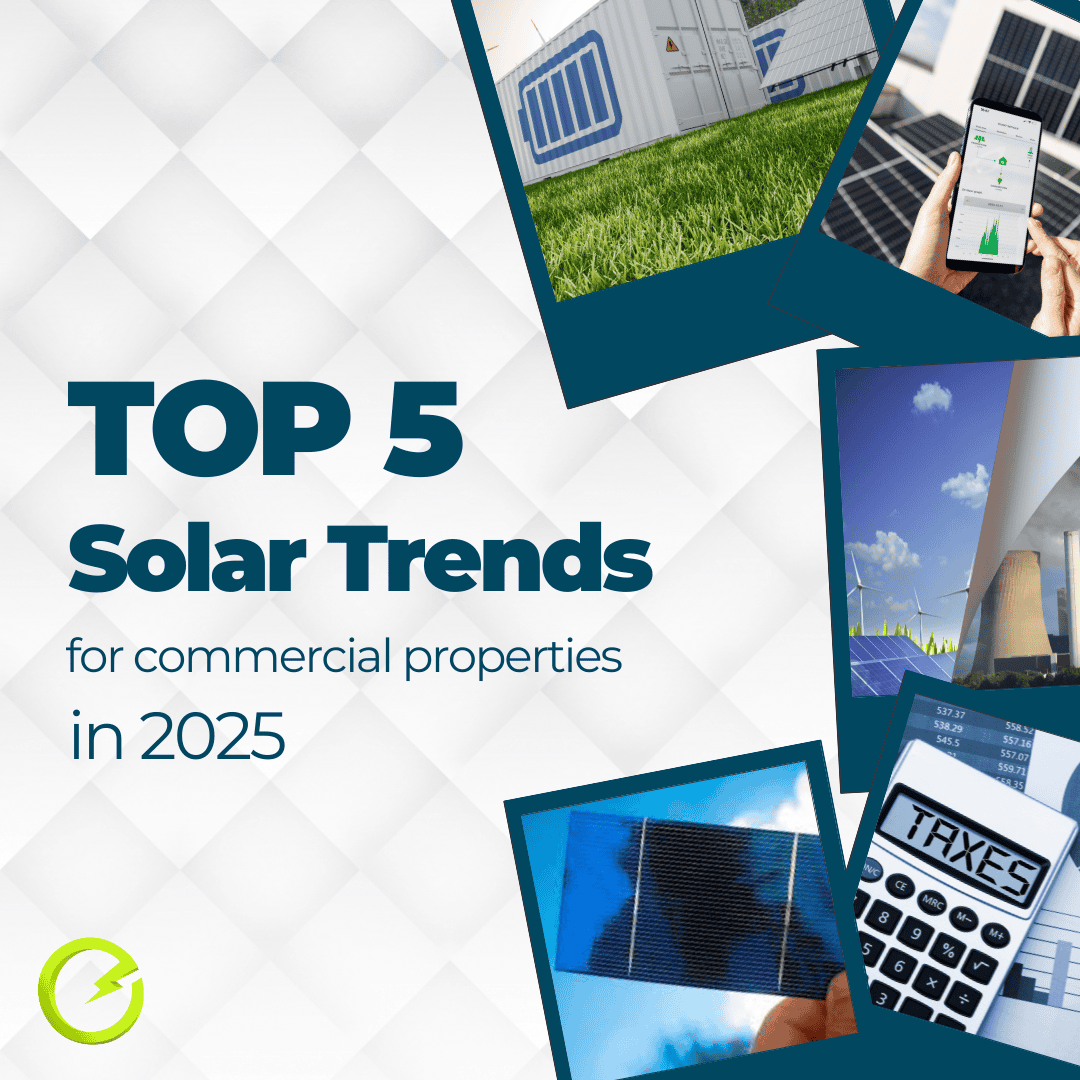
Consistent and affordable electricity is important to residential customers. When the supply of electricity is under various kinds of pressure, the end user must find ways to cope. This is extremely relevant in South Africa currently. Residential solar power generation is a fast growing industry and can be leveraged to enhance utility electricity costs and mitigate against load-shedding for the homeowner. In this article, the potential for hybrid PV and battery systems to help address the current power supply concerns in South Africa are covered in greater depth.
Current Challenges in Residential Electricity Supply
Eskom, as South Africa’s power utility company, faces a number of hurdles to meet the country’s growing demand for electricity. A growing population and increasing urbanization and industrialization mean that there is pressure on Eskom to increase the overall capacity of its power plants across the country. Most households rely on this centralized power generation and are greatly affected by the increasing Eskom tariffs which filter through to local municipal tariffs. The price of electricity in South Africa has risen because of a number of factors, and this is a cause for concern. In fact, Eskom has recently been granted approval by the electricity regulator to increase its tariffs by 10-19% in 2019. Another consequence of the dependence on the national grid for power is the impact of load-shedding which is increasing in frequency owing to the lack of maintenance and resources on Eskom’s side.
Residential customers can look at different ways to address the high prices of electricity and the concerns about its dependability. Alternative sources of power such as solar energy are making significant inroads in this respect. There are many benefits of this localized power generation, and these will be discussed later on.
What Is a Hybrid PV and Battery System?
Solar power as a sustainable energy source is booming worldwide. One of the United Nation’s Sustainable Development Goals is for greater access to affordable and clean energy. There is a tremendous opportunity for greater use of solar power at the national level, commercial level, as well as the residential level in South Africa because of two main factors. Firstly, the country has favorable climatic conditions, and secondly, the price of solar PV has been decreasing rapidly over the last decade.
For the residential electricity users, there are different ways to access this solar energy. Although Eskom does operate solar power stations, in the Northern Cape for example, which transmit power to the national grid, this reaches the end user the same way it does from other power sources through the grid. Residents can install solar power systems on their properties to reap a range of practical rewards.
A solar photovoltaic (PV) system can be installed at a home to provide up to 30% of the energy needs of the home. Many people have replaced their electrical geysers with solar geysers for very good energy savings. The only challenge with these solutions is the fluctuations in the availability of solar energy such as during the night and in harsh weather. This is solved by opting for a hybrid PV and battery system.
A hybrid PV and battery system is a fully integrated system that allows excess solar power generated to be stored in the battery system for later use. There are different models of hybrid solar systems, but these are generally composed of the solar PV, an inverter or charger, the battery, and a distribution board. An example of the setup used is shown in the diagram below.

Source: IndiaMART
The system shown above can be used as an off-grid system or as a grid-tied system. For the battery backup, different battery systems can be used including lead-acid batteries or lithium-ion batteries.
Hybrid PV and Battery System Benefits for Residents
There are a number of great reasons why installing a hybrid PV and battery system is a great idea for residential electricity consumers. These primarily relate to the cost, control, and coverage.
With the rising cost of municipality tariffs, a cheaper alternative is needed. Solar-generated electricity has the potential to be much cheaper than electricity from the utility, not only in the longer term, but also currently we are seeing 3-4 year paybacks on residential solar PV installations. This makes it highly attractive as a cost-cutting investment for a residential property owner.
Installing the hybrid PV system is a major one-time cost, but with the cost of solar PV decreasing, this will only get cheaper. It is a long-term investment that is definitely worth it and will also increase the value of the property. The chart below shows how the prices of solar PV have gone down as the industry scales. This data is for the US, but the trend is universal. Technology innovation in hybrid PV systems and the battery technology has also brought the prices down.

Source: Business Insider
Because of the battery storage, the hybrid PV system can power most of the home’s electrical appliances and needs. This includes lighting, televisions, microwaves, refrigerators, microwaves, and water pumps. The system can be integrated with the mains supply to give the owner greater control over their energy use and availability. In times of load-shedding and power outages, the backup energy supply can be used. The consumer can now have consistent electricity with this cheaper alternative source.
Solar energy is clean and sustainable. There are no dangerous emissions produced which is great for the environment and for the entire ecosystem. Additionally, because South Africa has very good solar irradiation, solar energy generation has great potential to increase energy access. This is particularly important for rural areas where the grid has not yet extended.
Energy self-sufficiency allows residential consumers to control their use and supply of electricity better. On a larger scale, it reduces the high demand on Eskom and the various power stations across the country. Hybrid PV systems can also save residential consumers money in the long-run, making this a valuable move.
Feel free to contact us to see how best we can offer our hybrid solar PV expertise to help you:
+27605218388 | info@enroute.xerus.co.za | @zeropointSA | www.zpenergy.co.za
Zero Point Energy (Pty) Ltd is a proudly South African sustainable engineering company that provides professional engineering consulting & turn-key solutions in the areas of energy efficiency, renewable energy, off-grid and energy storage solutions, water efficiency and responsible waste management. The company is a 100% black youth-owned, 30% black female-owned EME achieving a Level 1 BBBEE Contributor status, and has a passion to transform the energy industry without compromising on safety, quality and client satisfaction. Email: info@enroute.xerus.co.za Web: www.zpenergy.co.za


